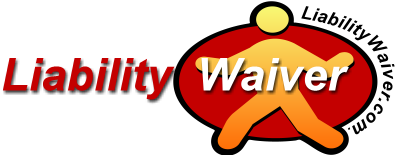Why Do you need Hold Harmless Agreement?
A hold harmless agreement is a legal contract meant to free or release single or multiple parties from legal risk/responsibility/liability. In a basic contract, one of the parties fundamentally agrees “not to file suit” or take legal action against the other for certain type of reasons; damages, losses, or expenses that might affect from a specific transaction. A hold harmless contract can be one-sided or it could apply to both of the parties.
Jurisdiction
Hold Harmless Agreements can be handled distinctively in one authority than in another. Some jurisdictions hold that these contracts can deal with claims that occur between the contracting parties independently, while others have maintained that they might only support a contracting party from claims introduced by an entity or a person who is not a party to the contract. In this situation. The hold harmless agreement guarantees that one party won’t try to sue or file suit to the other party for any accusations and obligation that are introduced by a third party.
Let’s Take An Example
For Instance, assume that the two firms have signed an agreement in which firm X (a mobile manufacturer), agrees to hold firm Y (a retailer), harmless for any promises or claims introduced by a third party associated with the manufacturing of the mobile. If a customer buys a faulty phone from firm Y, and consequently sues Firm Y, Firm “Y”could seek options from Firm “X”. Under the specific terms of their agreement, Firm X would be accountable for paying costs linked with the customer’s claims, incorporating legal fees.
When It is Used
A Hold Harmless Agreement is generally used in many different occasions as well as in a variety of business dealings. They are often used to reduce liability between two parties; between construction firms and contractors mostly. Nevertheless, these agreements are also used by individuals like tenants renting an apartment from the party who owns the property. They can occur a lot of different events, or they can be limited to certain issues.
Bottom Line
As a rule, this type of agreement covers any costs or expenses pertaining to a court action or lawsuit; for example, settlement amounts, judgment awards, attorney fees, and court costs. Generally, one does not apply if one party has acted carelessly or intentionally. Actually, a lot of courts have found conditions and clauses that incorporate negligent or intentional behavior to be unenforceable and invalid. Furthermore, hold harmless arrangement are usually not maintained if a party has involved in criminal or fraudulent behavior.
